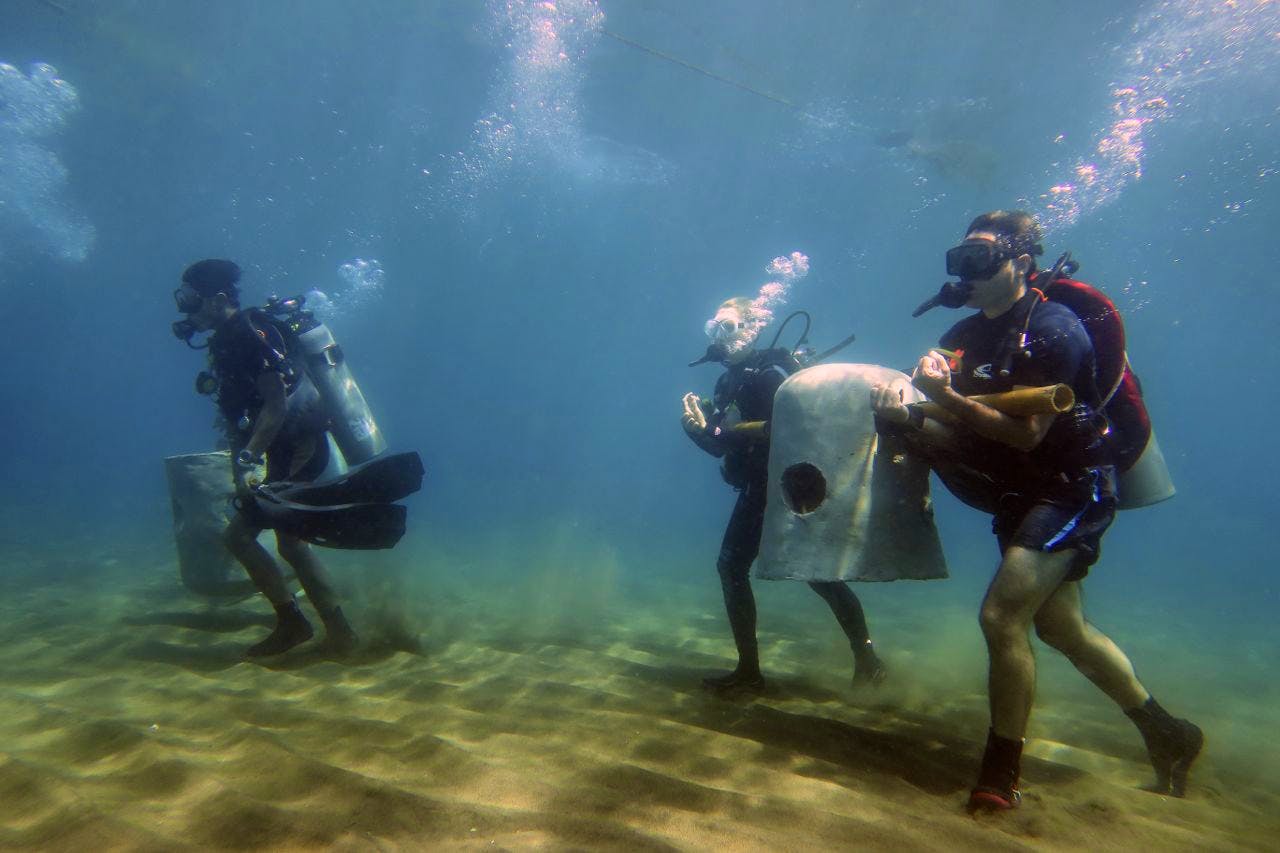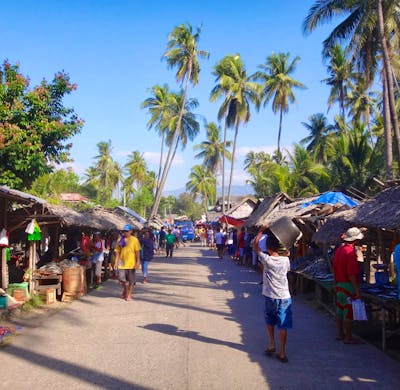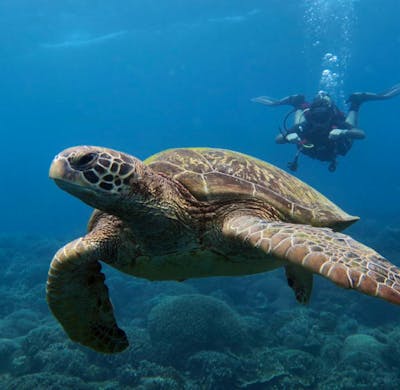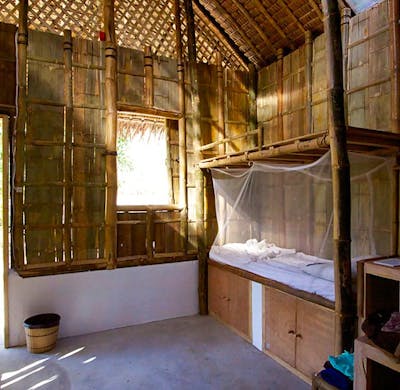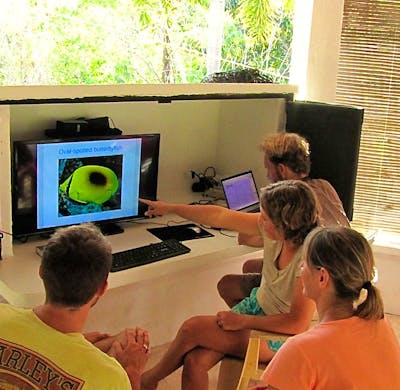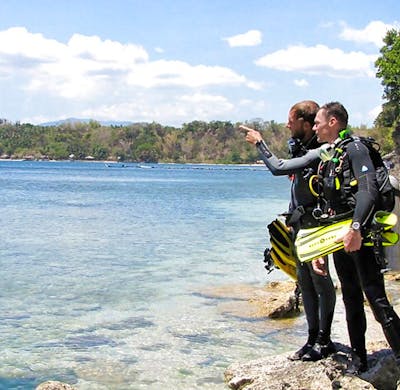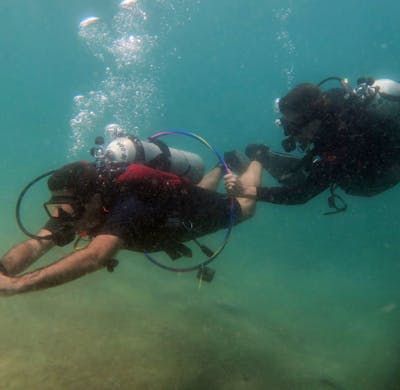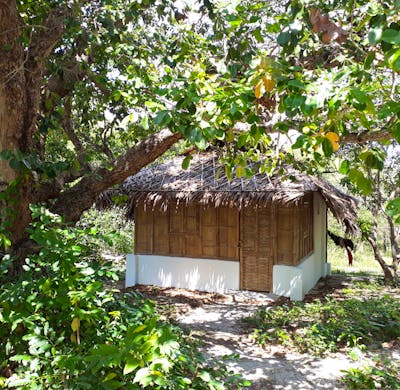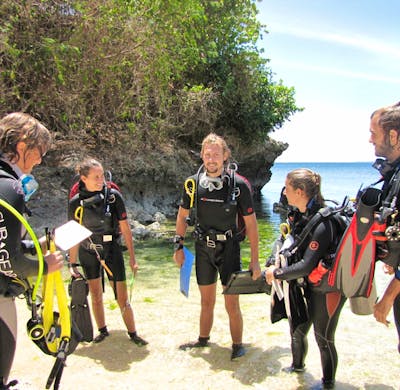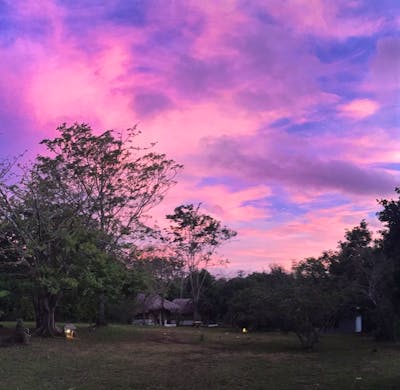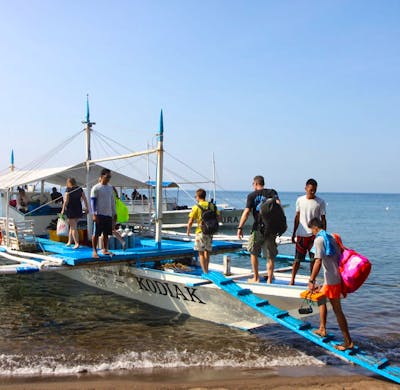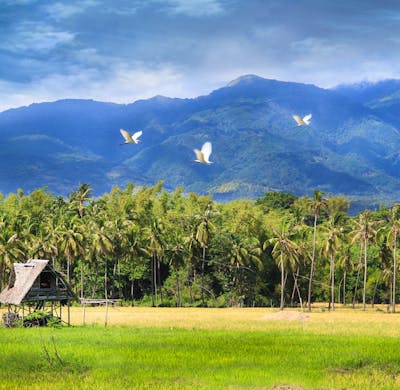Supporter for Marine Conservation
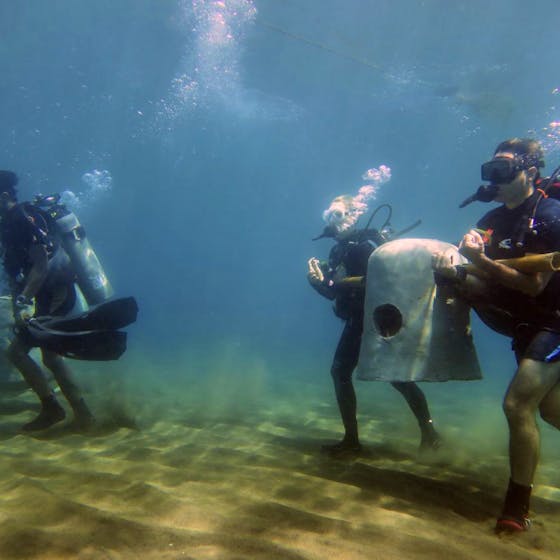
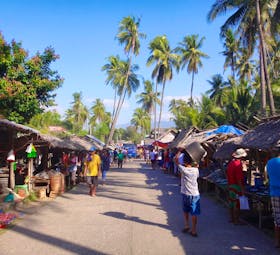
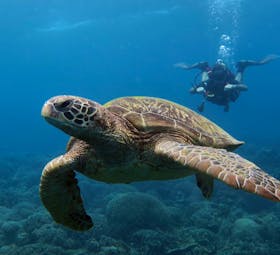
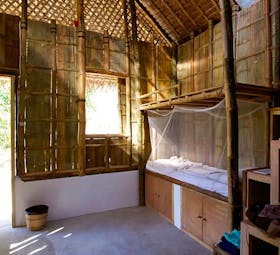
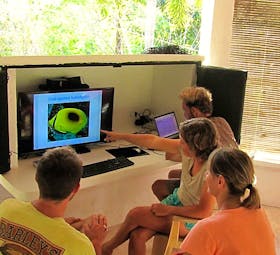
Highlights
- Volunteer and help conserve the marine environment in the Philippines
- Acquire and develope excellent diving skills throughout the project
- Extend your trip to become a PADI dive master
- Use the outdoor jungle gym or visit the whole botanical garden which is more than ten hectares
- Explore neighbor islands throughout the weekends and cliff dive into amazing azure blue lagoons
Especially good for
About the program
Join us as a volunteer, learn scientific diving and study marine biology, help campaign and meet people from all over the world who may end up as your lifelong friends.
If you are not certified as a diver already, you will start your participation in our program by getting licensed through the PADI system of education. As the work we carry out on fragile reefs require divers with excellent skills, we add additional practice and excursion dives until you’re ready ...
Typical day
While you stay with Marine Conservation Philippines, there’s a great number of projects you can participate in. In fact there’s so much to do, that you can’t do it all. Some of our projects are continually ongoing – for example hands-on beach clean ups and the surveying of coral reefs. While ...
Free-time activities
When you volunteer, you will be busy. There is not a lot of free time - the day starts early at seven, and often you're not done with the work for the day until the late afternoon. You will generally dive twice a day, six days a week. You're tired when you're done! In the weekends however, there ...
Requirements
What's Included
What's NOT included?
Details on arrival
Marine Conservation Philippines accepts new volunteers every second Monday.
Program fees
Meet your organization

Marine Conservation Philippine
Non-profit - founded in 2015
Verified by Volunteer World
Coordinated by
Soren
About the project
29 reviews ·  5
5
Location

You might also be interested in
-
Beach Cleaning
Coral Reef Conservation
Diving
Diving certificate
Ocean Cleaning
Divemaster
Plastic Reduction
Snorkeling
Waste Reduction
Climate Change
Adults
Best Volunteer Programs
Projects Abroad
Voluntouring
Volunteer Trips for College Students
Couples
Group Volunteering
Global Volunteer Opportunities
Nature Volunteering
50 Plus Volunteering
